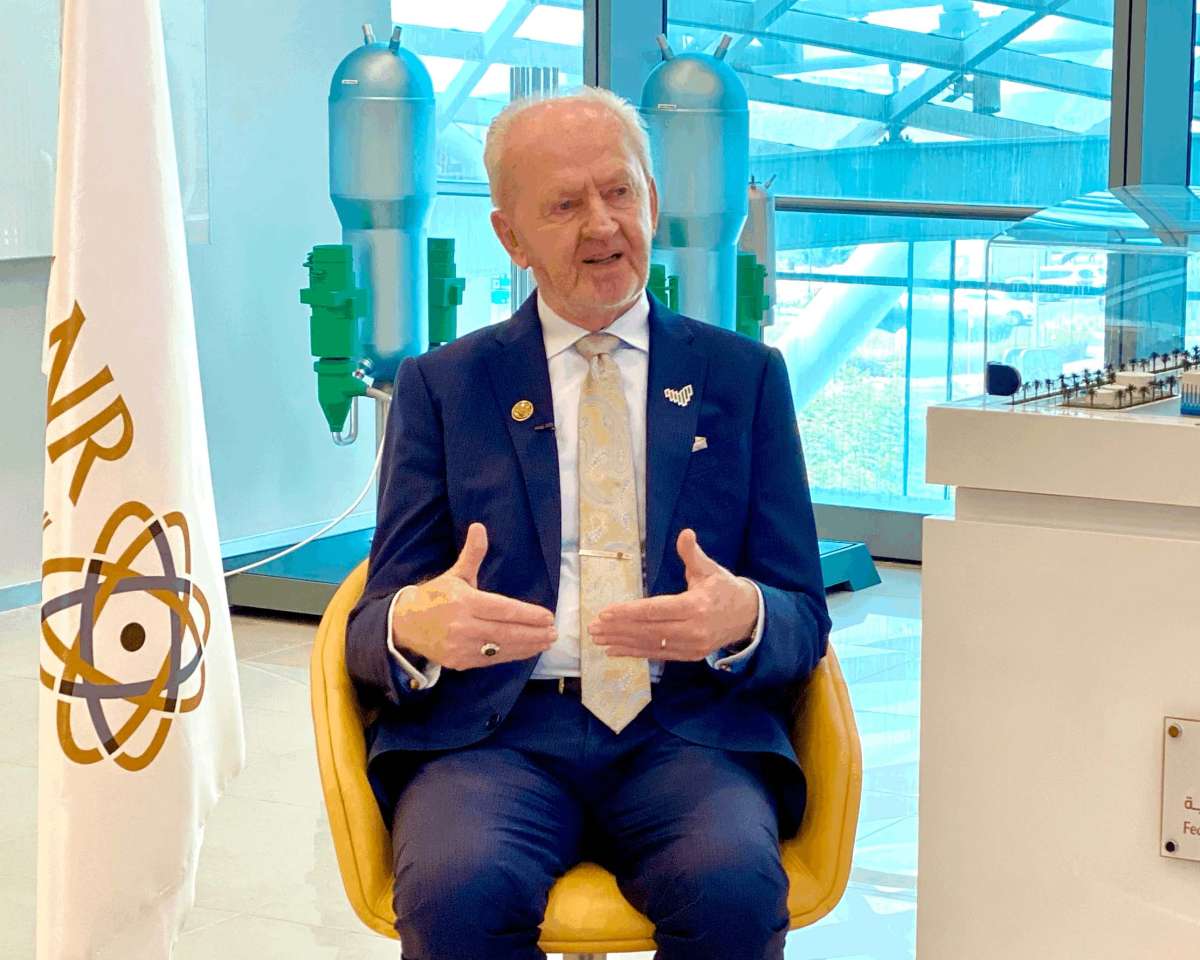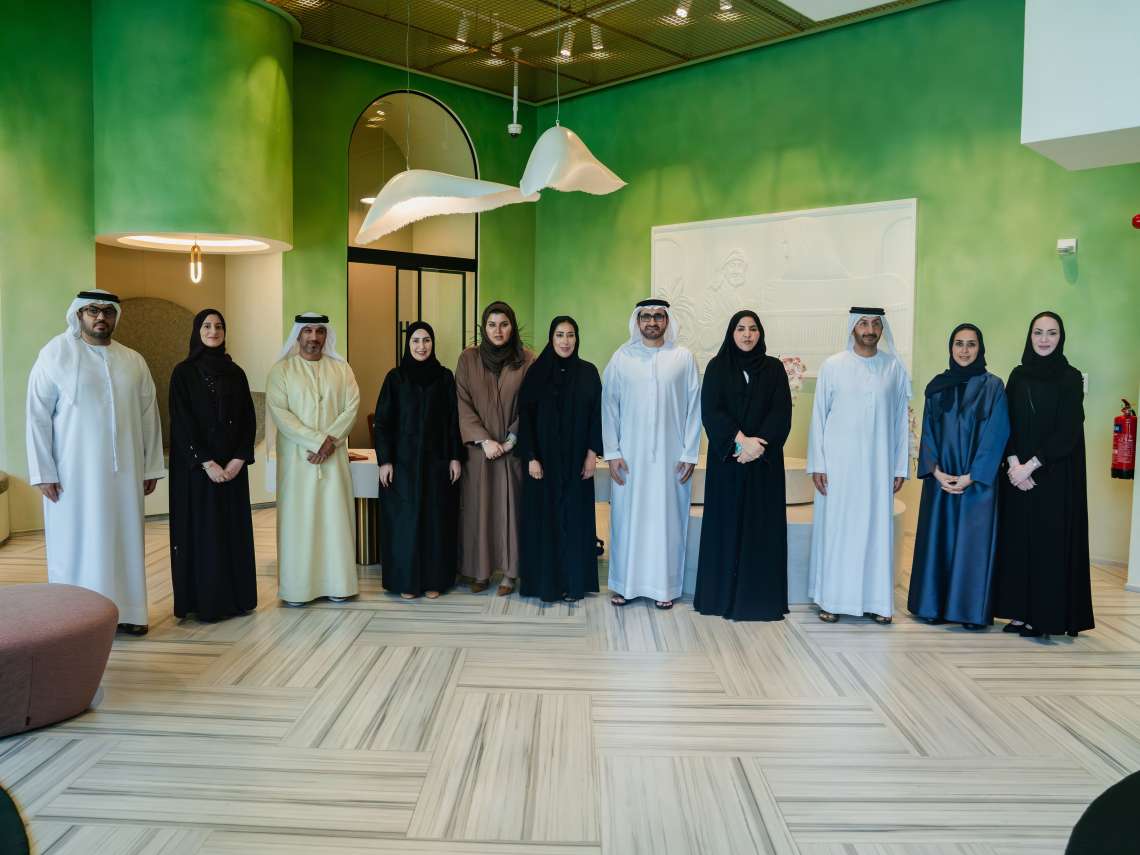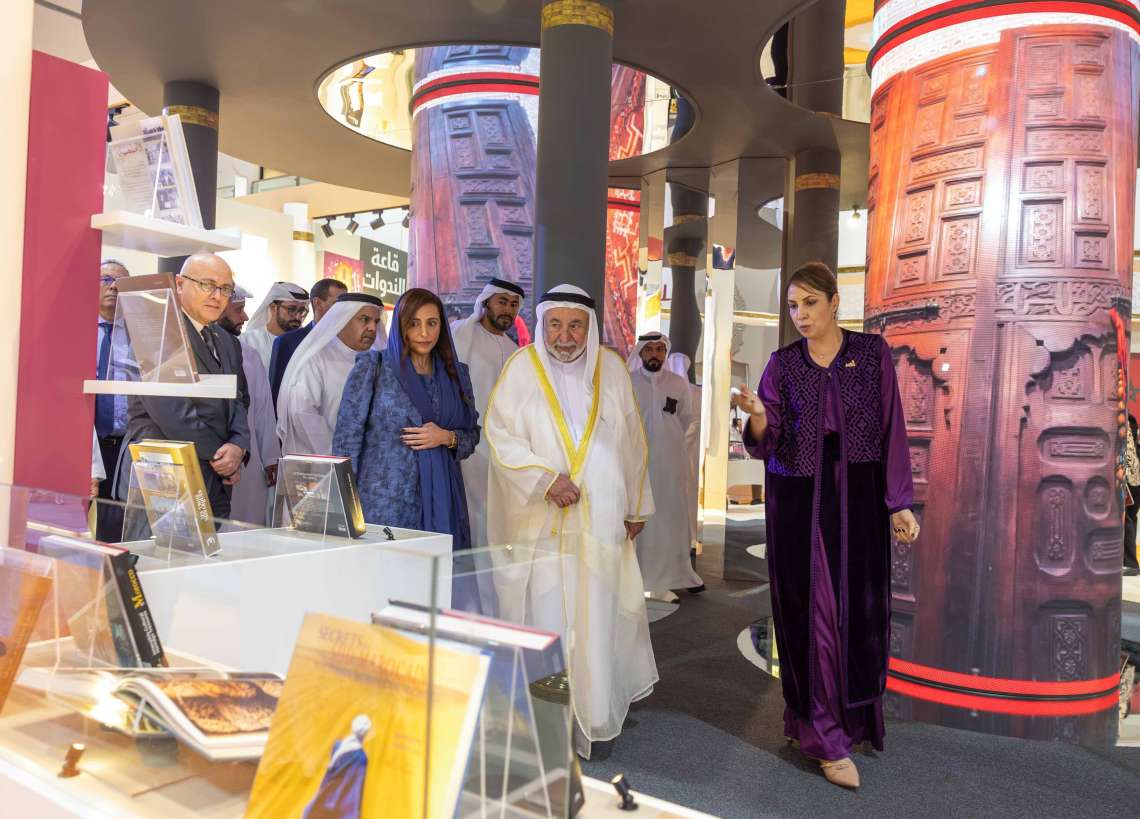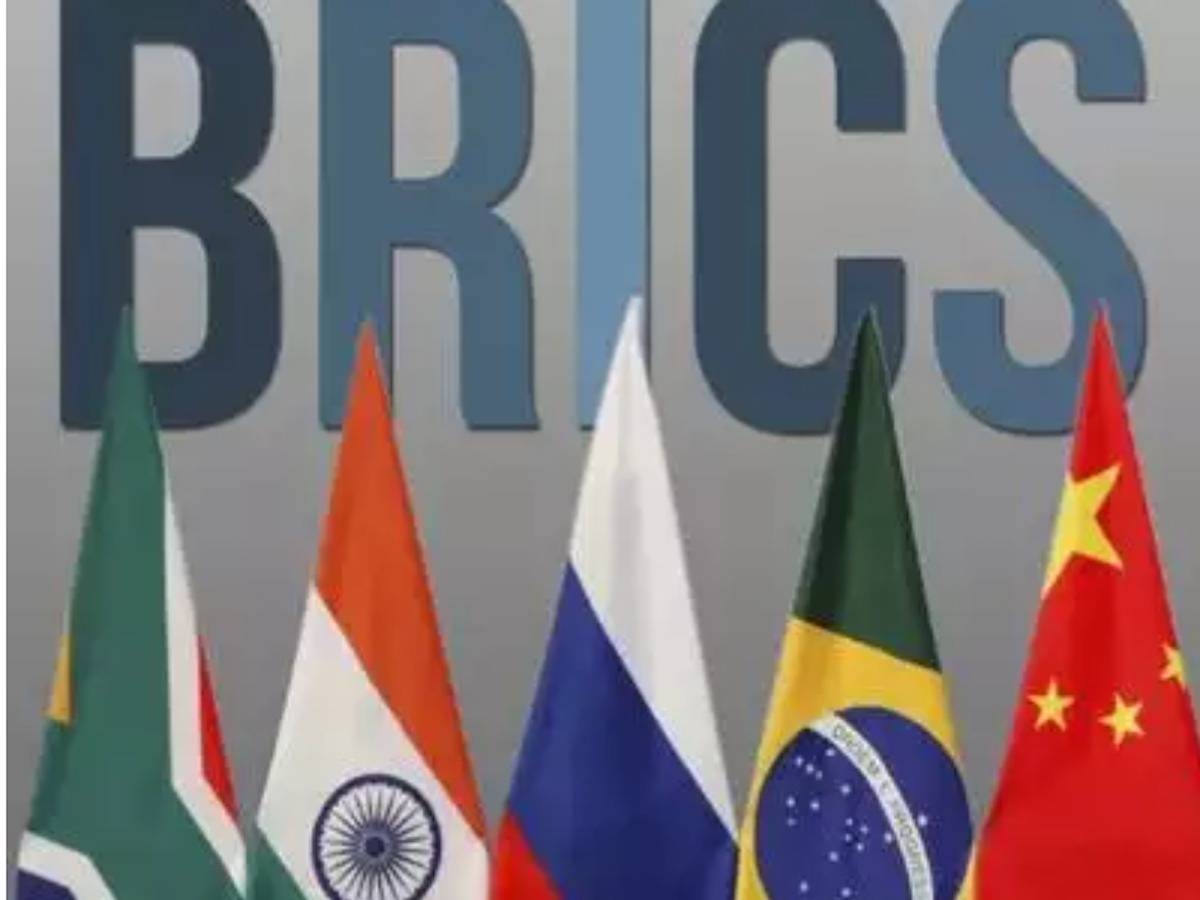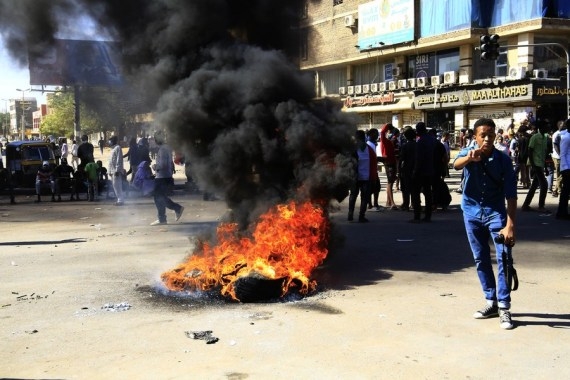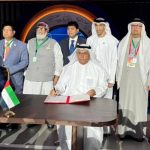Director General of the Federal Authority for Nuclear Regulation stressed the need to pay attention to environmental and climatic variables to ensure a safe and sustainable future for the plants…reports Asian Lite News
Christer Viktorsson, Director General of the Federal Authority for Nuclear Regulation (FANR), revealed FANR’s preparations to participate in COP28, which will be hosted by the UAE at the end of November.
He added in statements to the Emirates News Agency (WAM), that the panel discussions will contribute to maintaining the safety and security of nuclear facilities, as the authority will hold some discussions on the impact of climate change on nuclear facilities in the future and in the long term, given that nuclear power plants have been operating for about 80 years or more.
He stressed the need to pay attention to environmental and climatic variables to ensure a safe and sustainable future for the plants, explaining that FANR is working with the International Atomic Energy Agency (IAEA) and national organizations to take the correct measures and procedures to ensure the safety of nuclear facilities in the country from changing environmental phenomena.
As part of the authority keenness to ensure the safety and security of society and the environment, Victorsson affirmed FANR’s readiness to respond quickly to emergencies through constant follow-up at its state-of-the-art emergency center, and cooperation with the National Emergency Crisis and Disasters Management Authority, Abu Dhabi Police, in addition to other organizations, whether through remote follow-up or in the field.
Environmental protection is a key pillar to protect society from radiation and environmental variables, as FANR works in this context to follow up and measure radiation levels in the air for 24/7 , through radiation measurement screens that monitor radioactive emissions at the local and international levels, in addition to continuing to protect water, soil and the marine environment by collecting samples and examining them in FANR’s environmental laboratory.
He referred to FANR’s strategy for the years 2023-2026, which aims to achieve its mission to protect society, the environment and workers in the nuclear and radiological sector, as FANR through the strategy studies and foresees the future of nuclear energy and technological and medical developments in this field, as well as developments at the national, regional and international levels, in addition to security issues in the region and at the international level.
Viktorsson pointed out that FANR is working to follow up on technological developments in the field of nuclear energy control, and adopt innovations to develop a more improved system of regulatory supervision using new technologies and tools, such as drones, artificial intelligence and other modern technologies, stressing FANR’s interest in research and development, which is a key pillar in developing the strategy, as it searches for solutions to improve control, whether on the nuclear power plant or in other areas it supervises.
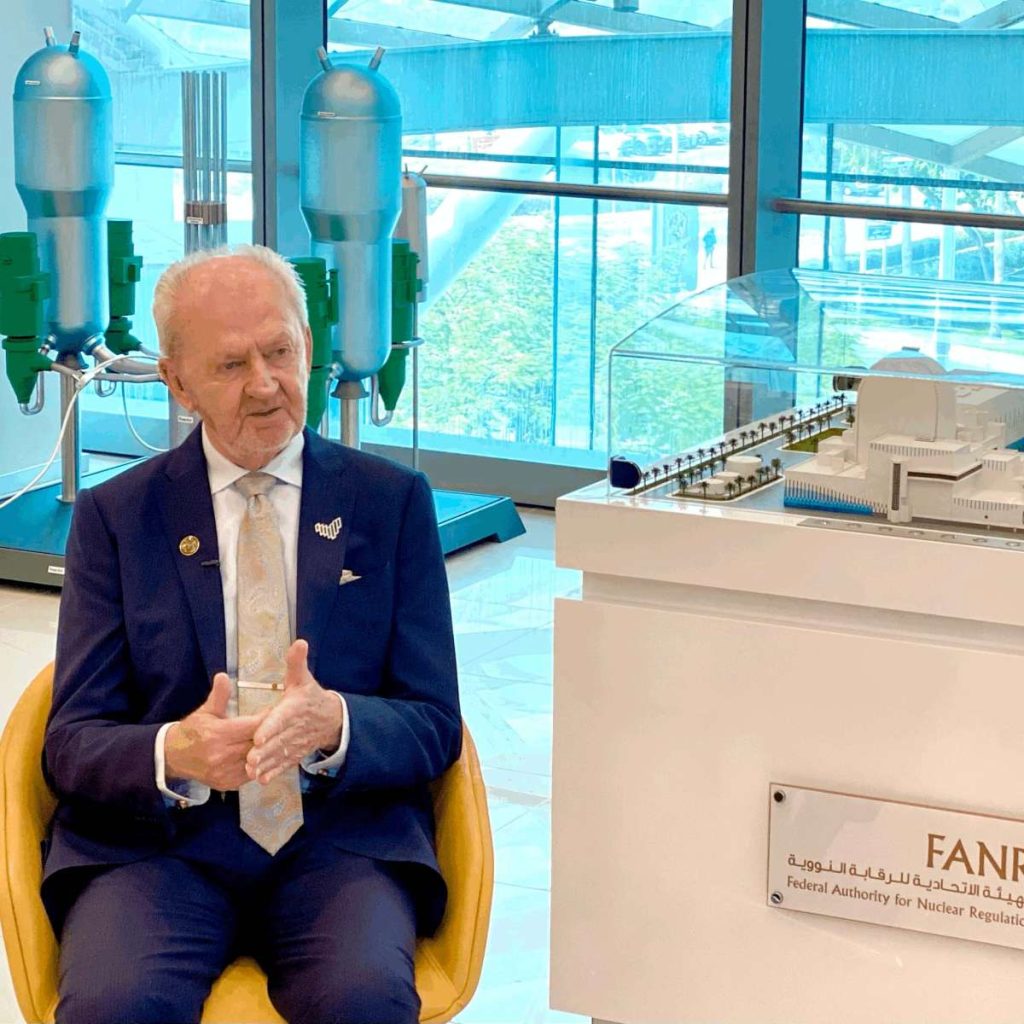
Within the framework of international cooperation, the Director General of Nuclear Regulation referred to close cooperation with the relevant institutions in the Republic of Korea as one of the countries that have achieved remarkable progress in this field, in addition to cooperation with global regulators with the aim of exchanging knowledge and expertise on operational experience, test results and joint research and development.
He said that the authority is working to intensify its cooperation with its counterpart in the Kingdom of Saudi Arabia, in the field of emergency planning and radiation safety, referring in this regard to a visit by a delegation from the authority to the Kingdom in early August, during which a multi agreements were signed in several fields, stressing the importance of cooperation with neighboring countries to activate similar response systems to ensure the effectiveness of dealing with emergency situations.
Christer Viktorsson said that after full operation, the Barakah plant will have to take out part of the nuclear fuel used in the reactor every 18 months and store it in a pond of water at the plant for many years, explaining that this matter is still under study, follow-up and research, especially since such materials need special methods and techniques to deal with them and a long storage period.


